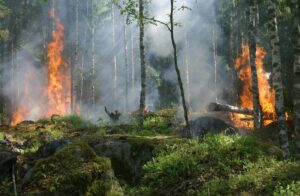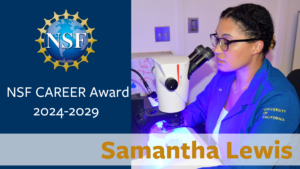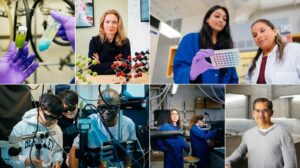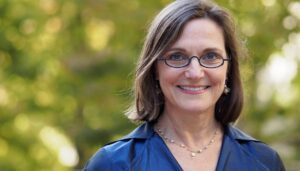
Registration deadline extended for Multisystem Approaches for Biological Discovery symposium
July 24, 2024
Deadline Extended for Free, One-Day Conference at Stanley Hall The deadline to register for Multisystem Approaches for Biological Discovery has been extended to July 30th. Sign up now to attend this free, one-day research conference. This symposium is hosted by QB3-Berkeley and organized and run entirely by postdoctoral scholars in QB3-Berkeley faculty labs. Information about…






